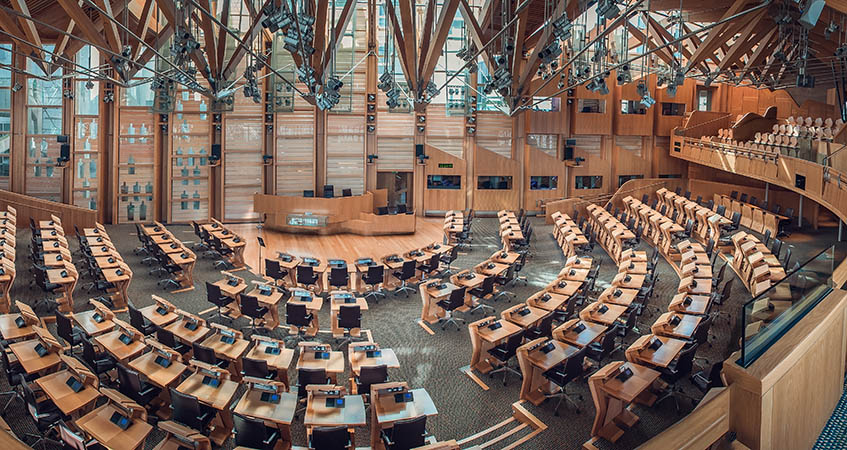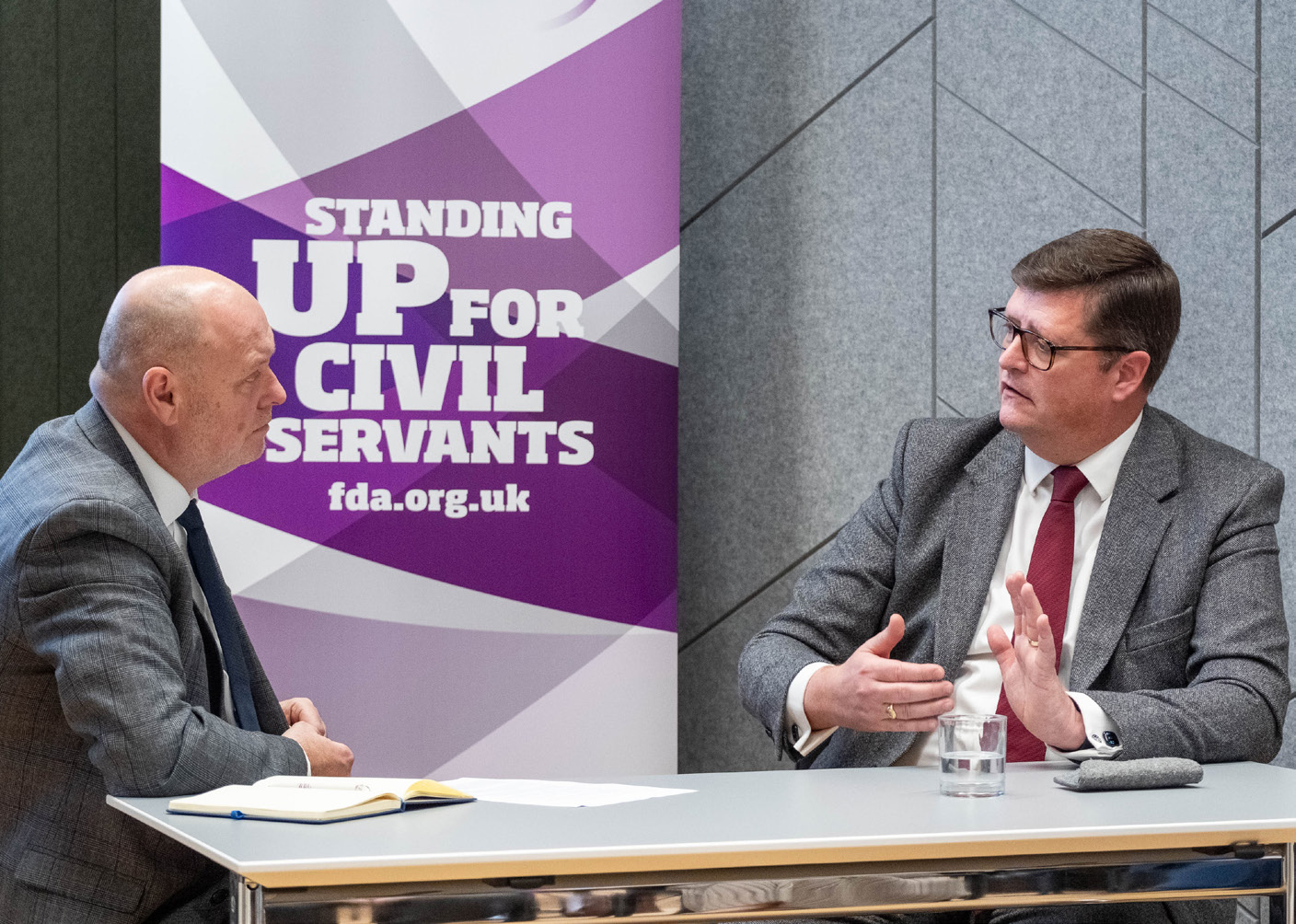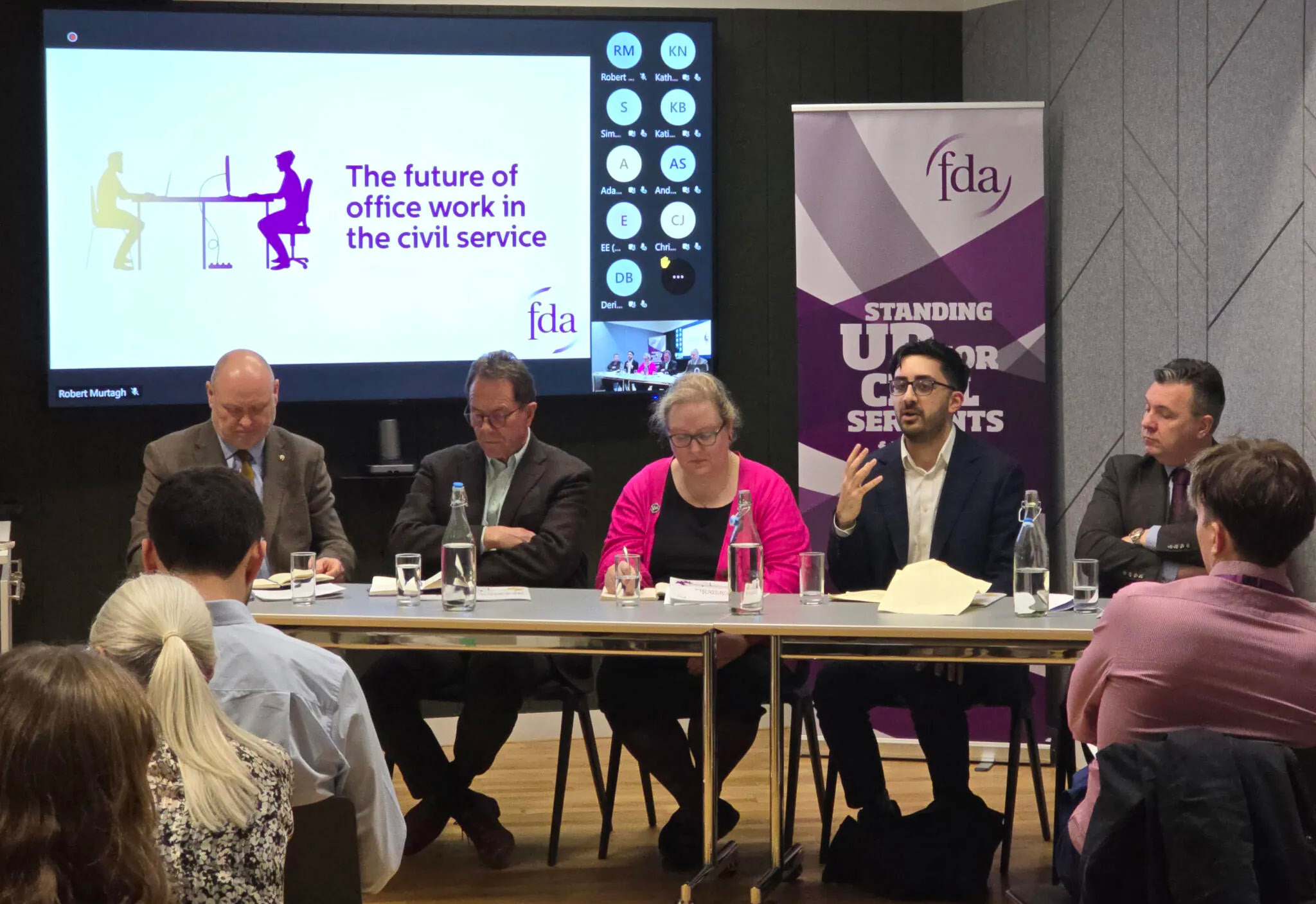FDA criticises “double standards” of Salmond inquiry committee

The FDA’s General Secretary, Dave Penman, has responded to press reports regarding the costs of support for civil service witnesses to the Salmond Inquiry.
As reported in the Herald and the Scotsman, Penman argued that civil servants were once again “convenient scapegoats for the decisions of politicians” and pointed out that “we have seen time and again the clear double standards in how the committee conducts itself compared to the expectations they impose upon witnesses.”
Penman went on: “In what was already a complex legal minefield involving both criminal and civil litigation, the Committee on the Scottish Government Handling of Harassment Complaints chose to conduct its hearings in a quasi-judicial fashion, requiring witnesses to give evidence under oath.
“In those circumstances, and as would be standard practice, we pressed Scottish Government to ensure that civil servants were provided with legal support when considering their evidence. It is galling to now see committee members line up in the press to criticise the cost of this support when it was their decision in the first place that necessitated this expenditure. It is also frankly hypocritical when the committee itself has a lawyer attending hearings to advise on complex legal issues, including potential breaches of court orders.”
The FDA has previously written to the Convenor of the Committee in November 2020, raising concerns that the “obligations and standards” required by the quasi-judicial approach were being applied “selectively to witnesses and not the committee itself”:
“Our understanding of the operations of a committee who ask witnesses to swear an oath is that members of that committee will ask question in an impartial factual manner to gather evidence and provide clarity on evidence. However it is clear that members of the committee frequently offer personal opinion, seek to make political points or personal remarks, including when purporting to summarise evidence – as I experienced myself when I gave evidence – and have misquoted or embellished a response on official record made by one witness when then questioning another witness.”
Related News
-

Under significant pressure: Interview with Director of Public Prosecutions
Tom Nathan speaks to Crown Prosecution Service Director of Public Prosecutions Stephen Parkinson about CPS’s handling of riots, the importance of impartiality and his plan to help reduce unmanageable prosecutor caseloads.
-

Changing the culture
HM Chief Inspector Sir Martyn Oliver sat down for an ‘in conversation’ event with FDA General Secretary Dave Penman, discussing the pace of change in Ofsted, challenging perceptions and tackling the long hours culture in Education.
-

Hybrid working: Led by evidence, not headlines
Tom Nathan shares the findings and recommendations of the FDA’s recent report on ‘The future of office working in the civil service’.